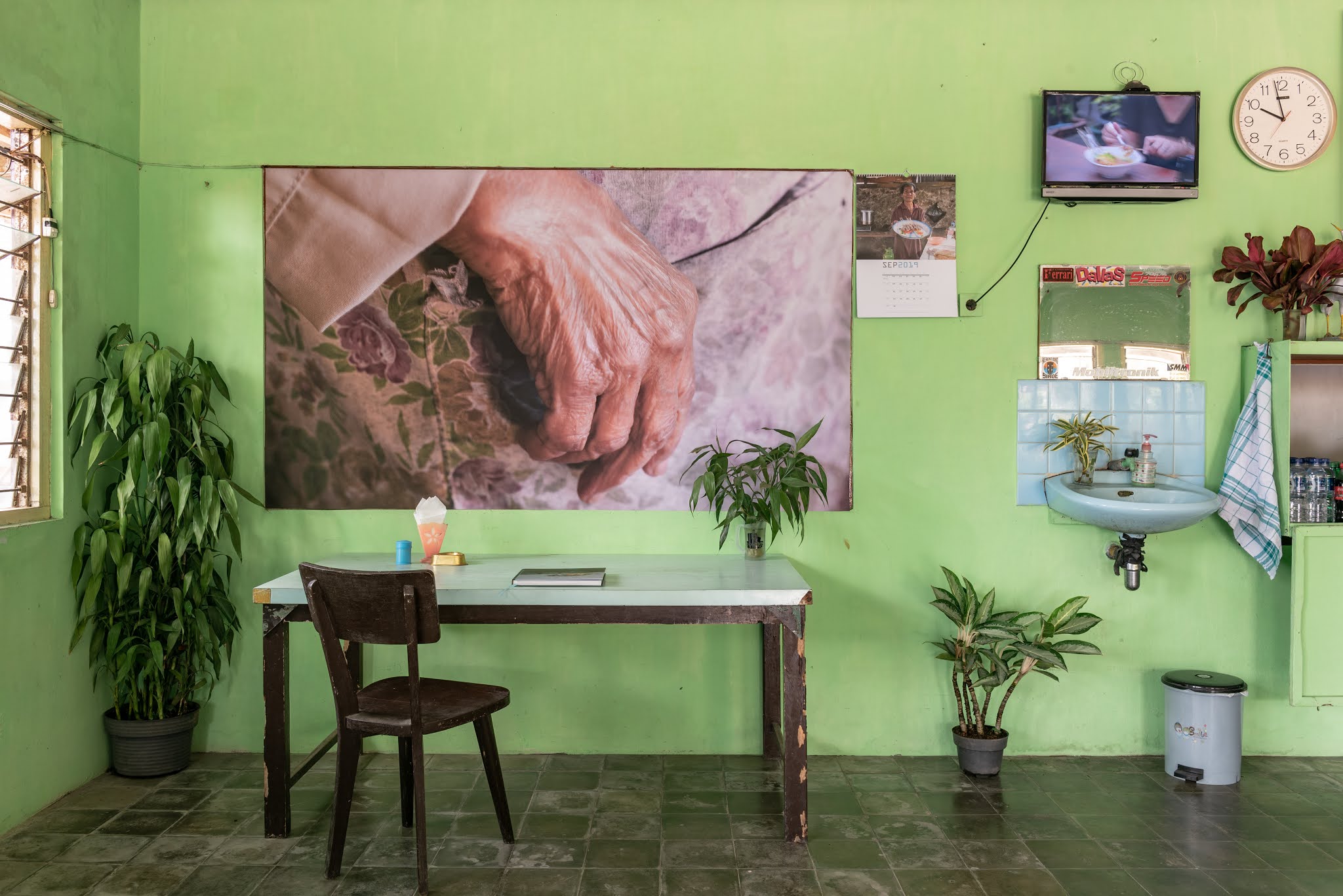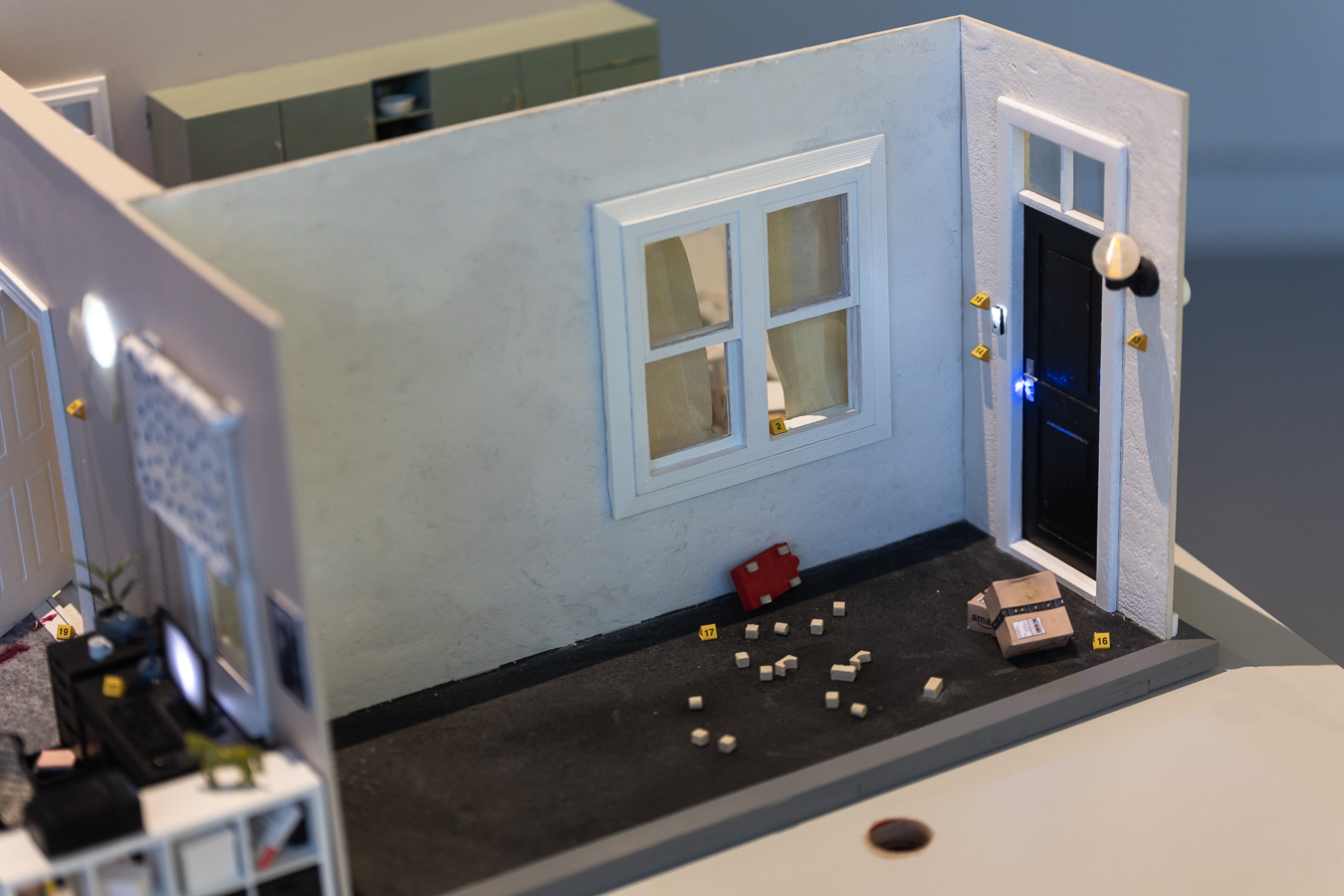Documentation

Meet the Makers: Mira Asriningtyas
In this Meet the Makers session, curator and writer Mira Asriningtyas will present her nuanced approach to curatorial practice across institutional, nontraditional, and off-site settings. Through her practice, Mira emphasizes the significance of cultivating local knowledge and facilitating meaningful intersections between art, artists, and communities, thereby expanding the role of curatorial work as an…
Read more
Meet the Makers: Ward Janssen
For this Meet the Makers session, freelance curator Ward Janssen will discuss how curators—as artworkers—are always striking a balance in creating possibilities to present exciting art to audiences. While working closely with artists, networks of other artworkers, and partners in the cultural field, curators must also be able to manoeuvre within institutional policies, financial…
Read more
Meet the Makers: Screenwriters on Female Representation
In this Meet the Makers session, we will meet with Dutch screenwriters Susan Stam (screenwriter/assistant director) and Helen Dalessi (screenwriter/actress/assistant director). The session is organized in collaboration with the foundation Vrouwenin Beeld (English: Women in the Picture), which earlier this year commissioned a quantitative content analysis of the representation of female characters in Dutch fiction films and TV…
Read more
“Science as an Adventure” — Simon Gusman (UU)
The allure of adventure is all around us. Who would not prefer an adventurous life over a mundane one? Whether it is thrilling experiences, travels to faraway lands, or passionate love affairs, adventurous existence is something many people look for. Even those of us who do not necessarily want to experience adventures directly, often…
Read more
“Everyday Activism in Times of Collapse: Bridging the Personal and the Planetary” — Chris Julien (UU)
What does it mean to live among the collapse of Holocene climate and ecosystems – whose stable state enabled the emergence of life as we know it over the past 10.000 years? We are witnessing dramatic, material shifts in the Earth’s system, but these are also a fundamental “vibe shift” for modern societies that challenge…
Read more
“Reparative Encounters: Colonial Histories, Other-Archives, and Collaborative Artistic Research” – Daniela Agostinho (Aarhus University)
As museums, archives and other cultural institutions make their colonial collections available online—giving contested materials a digital afterlife—unresolved histories and new ethical matters are bound to emerge. What can be traced, remembered and imagined through archives rife with omission and harm? How do we care for the presences and absences they conjure? And is it…
Read more
TiM Seminar 2024-2025
Transmission in Motion Seminar (2024-2025): “Implicatedness” “We are implicated in the worlds that we critique; being critical does not suspend any such implication,” observes Sarah Ahmed. She is not the only one addressing the complexities of what it means to be implicated. Media theorist Mark Hansen argues for a phenomenology of implicatedness to account…
Read more
Meet the Makers: Roos Groothuizen
For this special Halloween edition of Meet the Makers we will be joined by Roos Groothuizen, a media artist who cares about digital human rights. She is based in Rotterdam, where she co-founded .zip, an art space and media lab. In her own practice, and in collaboration with the art collective Telemagic, she researches the human…
Read more
Meet the Makers XL: NFF Fellows ARK, Špela Petrič and Tina Farifteh
The first Meet the Makers event of the 2024-25 academic year is a collaboration with Nederlands Film Festival (NFF) at the Theaterzaal Neude in Utrecht: Storyspace Sessions: Fellows, Performers, and Poets Unite. Framed by questions around the societal role of art and the impact of technology on society, the three NFF digital fellows, the collective…
Read more
TiM Double-Bill: Anika Marschall & Jaswina Elahi
As the first Transmission in Motion event of the 2024/25 academic year will be a special seminar Double-Bill with Anika Marschall and Jaswina Elahi who will each present their rescheduled sessions from the previous 2023/24 series ‘Matters of Concern.’ “Researching performance in the wake: Commitment to a healing labour” – Anika Marschall (UU) Anika Marschall’s seminar…
Read more
